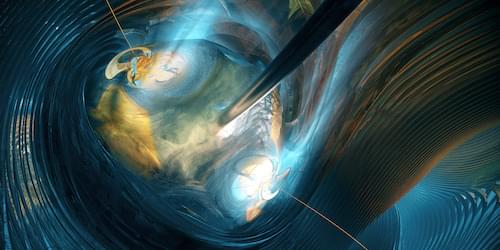The more physicists use artificial intelligence and machine learning, the more important it becomes for them to understand why the technology works and when it fails.
The advent of ChatGPT, Bard, and other large language models (LLM) has naturally excited everybody, including the entire physics community. There are many evolving questions for physicists about LLMs in particular and artificial intelligence (AI) in general. What do these stupendous developments in large-data technology mean for physics? How can they be incorporated in physics? What will be the role of machine learning (ML) itself in the process of physics discovery?
Before I explore the implications of those questions, I should point out there is no doubt that AI and ML will become integral parts of physics research and education. Even so, similar to the role of AI in human society, we do not know how this new and rapidly evolving technology will affect physics in the long run, just as our predecessors did not know how transistors or computers would affect physics when the technologies were being developed in the early 1950s. What we do know is that the impact of AI/ML on physics will be profound and ever evolving as the technology develops.
